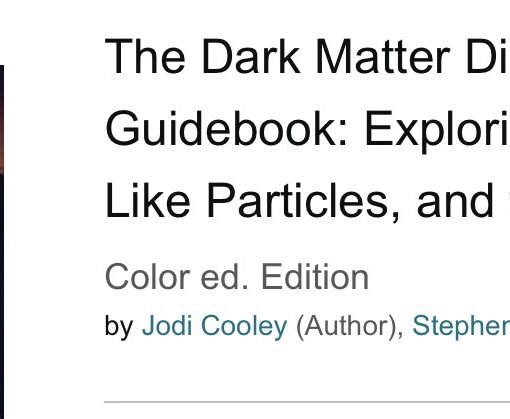Tonight on “Tech Nation”, Dr. Moira Gunn spoke with the Chairman and CEO of Invitrogen, Greg Lucier [1]. Mr. Lucier spent his time speaking out about the importance of public funding of science. Despite his position in a private company, he advocated that more public money needs to be spent to do science, and create the next generation of scientists. It was a short, but good, discussion. At the end, he said it would be wise to call your Congressperson, introduce yourself, and in less than a minute ask them to support public funding of science. Of course, he was focused on biotech, and decried the dropping NIH budget. While his argument was a good one – you doubled the budget, trained all these people, and now they can’t get grants as the budget declines – I was miffed that he didn’t mention the fact that the NIH budget is the kind that chemists, physicists, and mathematicians only dream about (even at its declined levels). We shouldn’t beat each other up for the same pie, but it would behoove us to find a way to make that pie bigger.
AUTHOR

steve
I am a husband, son, and physicist. I am Research Group Manager in the Research Division at SNOLAB and a Professor of Physics at Queen's University. I like to do a little bit of everything: writing, running, biking, hiking, drumming, gardening, carpentry, computer programming, painting, drawing, eating and sleeping. I earned a Ph.D. in Physics in 2004 from the University of Wisconsin-Madison, I love to spend time with my family. All things written in here are my own, unless otherwise attributed.
1608 posts
You may also like
Thanks to my dad for reminding me about “Talk of the Nation: Science Friday”. I usually miss the program because of work, […]
Updated October 28, 2024: I added information about the new companion website for the book! We’ve launched! While the official release date […]
It was a long road, but the Congress has now approved the Iraq war spending bill. Both houses have now approved the […]
While attending my nephews’ birthday party this weekend, I was told a horrific anecdote by one of my family members. Their employer […]


